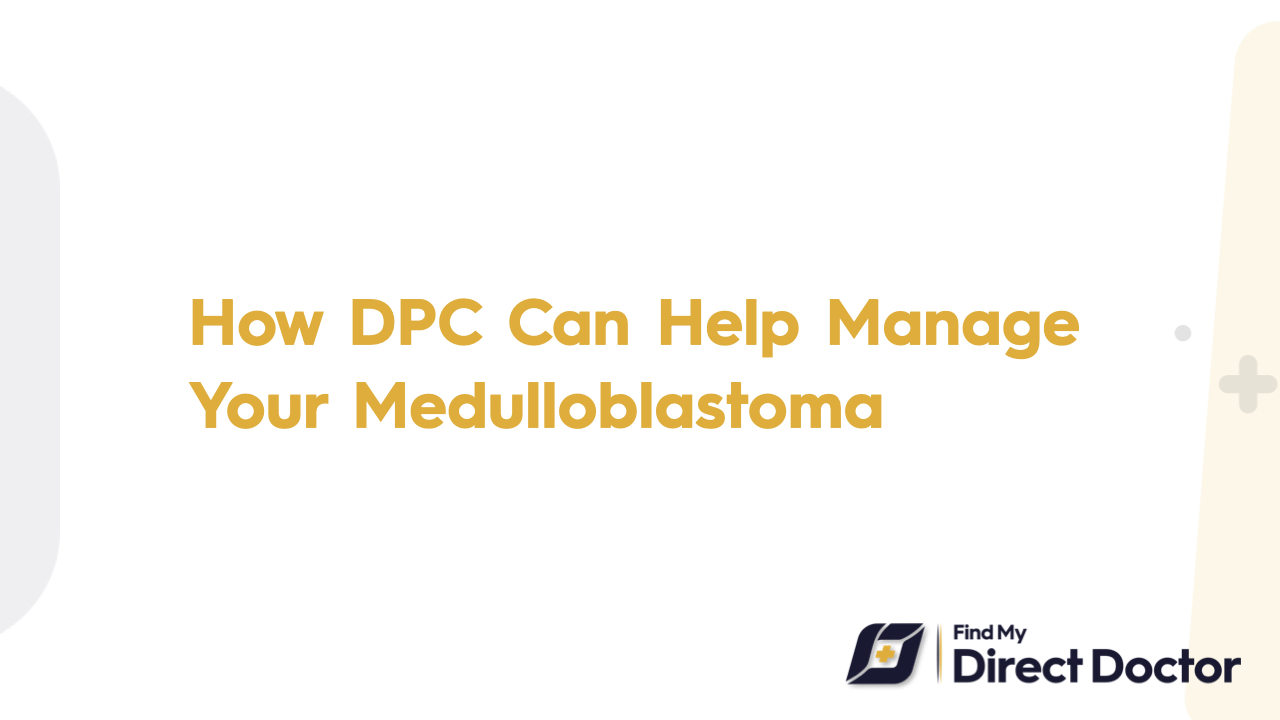



The cerebellum, the area of the brain in charge of movement, balance, and coordination, is where medulloblastoma, a form of malignant brain tumor, most frequently develops. It is a tumor that grows quickly and is usually found in children, however it can occasionally strike adults. Although the precise etiology of medulloblastoma is yet unknown, tumor growth may result from genetic abnormalities or alterations in the DNA of cerebellar cells. If treatment is not received, the tumor may spread to other areas of the brain and spinal cord, making it a dangerous and potentially fatal condition.

The size and location of the tumor affect the medulloblastoma symptoms. Constant headaches, nausea, and vomiting—especially in the morning—are typical symptoms. Along with vision issues including double vision, patients may also struggle with walking, balance, and coordination. Additional symptoms may include behavioral changes, irritation, and tiredness. More severe neurological symptoms, such as limb weakness or numbness, trouble speaking, and cognitive problems, could appear if the tumor spreads to other places.
When it comes to delivering thorough, individualized care throughout the course of treatment, Direct Primary Care (DPC) can be extremely important in the ongoing management of medulloblastoma. DPC provides a patient-centered approach that can improve collaboration with neurologists, oncologists, and other medical specialists, but it does not take the place of expert cancer care. DPC can guarantee prompt medical evaluations, side effect control, and general health monitoring for patients with medulloblastoma both during and after treatment.
By making sure that their treatment regimens are well-structured and manage side effects including nausea, exhaustion, and cognitive abnormalities, DPC providers may help patients with medulloblastoma. Frequent check-ins made possible via DPC enable patients to promptly and effectively communicate any new or worsening concerns. For patients with medulloblastoma, who may undergo changes in their condition that necessitate prompt medical attention and a modification of their treatment plan, this proactive approach is quite beneficial.
DPC's customized care model, which emphasizes establishing a solid, long-lasting relationship between the patient and healthcare practitioner, is the main way that it provides medulloblastoma patients with a number of benefits. This direct and regular access to care can be very helpful, particularly when dealing with the side effects and complications of cancer therapy. DPC allows patients to communicate directly with their doctor and avoid lengthy wait times, which facilitates the resolution of any issues pertaining to their illness or treatment plan.
DPC can also assist in managing the patient's non-cancer health, including promoting mental and emotional wellbeing. A patient's mental health may suffer as a result of the stress of cancer treatment, and having a reliable primary care physician who can provide direction, recommendations, and extra support can make a big difference. Additionally, as patients receive more severe cancer treatments, DPC providers can assist in managing pain management, coordinating expert referrals, and making sure the patient's general health is stable.
The degree of customization that DPC provides is among its biggest benefits in the treatment of medulloblastoma. DPC providers can collaborate with the patient's cancer treatment team to develop a complete care plan that takes into account the patient's general health as well as the treatment of the tumor. This could involve routine vital sign monitoring, dietary assistance, mental health counseling, and pain management techniques customized to the patient's needs.
Additionally, DPC providers can concentrate on the patient's long-term rehabilitation and recovery. DPC enables continuous care as the patient regains strength and mobility because medulloblastoma and its treatments can cause severe cognitive and physical problems. In addition to providing resources to assist the patient in adjusting to any changes in their everyday life, the healthcare professional can direct rehabilitation services like physical therapy or cognitive training. DPC guarantees that the patient gets the best care possible during and after their cancer journey by using a tailored approach.
Previous Post
Next Post